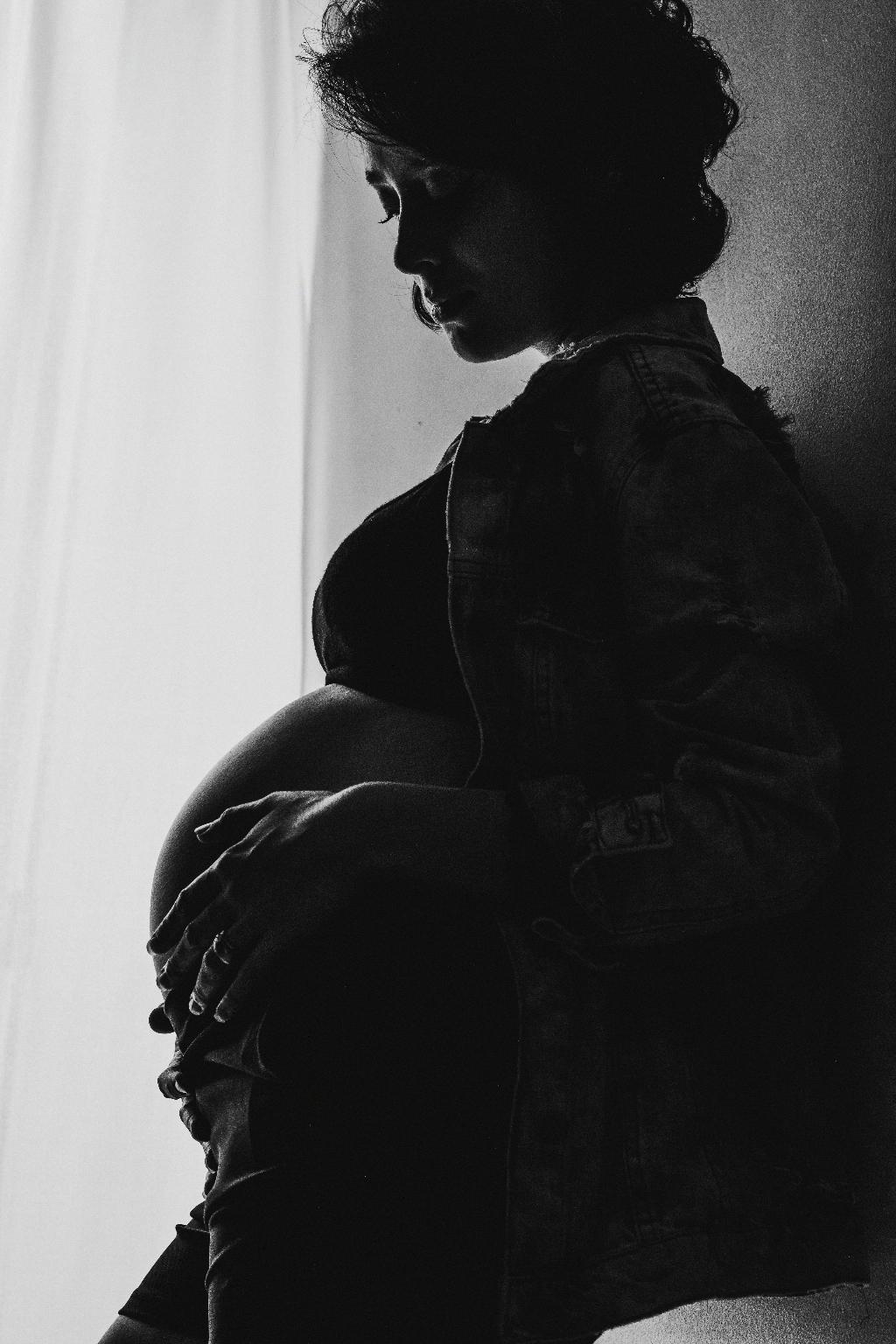For many new mothers, dealing with body odor postpartum can be a challenging and uncomfortable experience. The hormonal changes that occur during pregnancy and childbirth can significantly impact the body’s natural balance, including the sweat glands. As a result, it’s common for women to experience increased body odor in the months following childbirth.
Factors Influencing Body Odor Postpartum
There are several factors that can contribute to body odor postpartum. Hormonal fluctuations, changes in diet, stress levels, and breastfeeding can all play a role in how long body odor lasts after giving birth. Additionally, the body’s natural detoxification process postpartum can also influence the intensity and duration of body odor.
Timeline of Body Odor Postpartum
Typically, body odor postpartum tends to be most prominent in the first few months after giving birth. This is due to the lingering effects of pregnancy hormones, stress, and changes in diet. However, as the body gradually adjusts to postpartum changes, many women find that their body odor begins to normalize after about six to twelve months.
Managing Body Odor Postpartum
While body odor postpartum can be distressing, there are several strategies that can help manage and reduce its impact. Maintaining good personal hygiene, including regular showers, using antiperspirants or natural deodorants, and wearing breathable clothing made from natural fibers can all help alleviate body odor postpartum.
Seeking Professional Guidance
If body odor postpartum persists beyond the first year or is accompanied by other concerning symptoms, it’s essential to consult with a healthcare provider. In some cases, persistent body odor can be a sign of an underlying medical condition that requires further evaluation and treatment.
Embracing the Postpartum Journey
It’s important for new mothers to remember that body changes postpartum, including body odor, are a natural part of the postpartum journey. Embracing these changes with self-compassion and patience can help alleviate some of the stress and anxiety associated with body odor postpartum.
Support and Understanding
Having a strong support system in place during the postpartum period can also make a significant difference in how women navigate body changes, including body odor. Partnering with loved ones, friends, or support groups can provide emotional support and understanding during this transitional time.
Self-Care Practices
Engaging in self-care practices such as mindfulness, relaxation techniques, exercise, and nutritious eating can also help regulate hormonal balance and manage stress levels, which can indirectly impact body odor postpartum. Prioritizing self-care can promote overall well-being during the postpartum period.
Body Positivity and Self-Acceptance
Practicing body positivity and self-acceptance is crucial in embracing the physical changes that come with motherhood, including body odor postpartum. Celebrating the body’s resilience and strength in navigating the challenges of childbirth can foster a sense of empowerment and self-love.
Consulting with Other Mothers
Connecting with other mothers who have experienced body changes postpartum, including body odor, can provide valuable insights and support. Sharing personal experiences, tips, and encouragement can create a sense of camaraderie and solidarity among mothers navigating similar challenges.
Conclusion: Embracing the Postpartum Experience
Overall, body odor postpartum is a common and temporary phenomenon that many women experience as part of the postpartum journey. By understanding the factors influencing body odor postpartum, implementing effective management strategies, seeking professional guidance when needed, and embracing self-care and self-acceptance practices, women can navigate the changes postpartum with grace and resilience.

